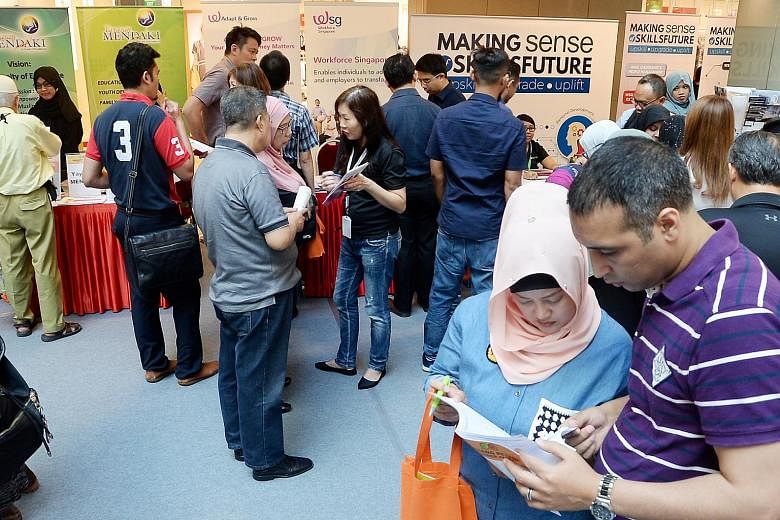JAKARTA (THE JAKARTA POST/ASIA NEWS NETWORK) - The vocational higher education in Indonesia should provide trained workers with essential soft skills such as integrity in order to cope with the industry needs at a global level.
According to popular opinion here, vocational higher education institutions, such as polytechnics, come second after universities. However, I deliberately applied for a diploma 3 degree after high school since the course it offered was the only exciting one in publishing studies.
Governments of several European countries have introduced regulations to make vocational education more attractive. For example, a report published by the European Centre for the Development of Vocational Training in 2014 reveals that a dual-system meets positive responses since it could reduce unemployment among young people. The system allows students to study both at educational institution and the workplace as apprentices.
In Indonesia, the first polytechnic institute was established in Bandung as early as 1973.
Initially, state polytechnics in major cities in Indonesia were faculties at state universities and institutes of technology. Since the late 1980s, laws and regulations on the higher education system made vocational education independent.
For example, the polytechnic faculty of the University of Indonesia became the State Polytechnic of Jakarta and the polytechnic department of the Bandung Institute of Technology became the Bandung State Polytechnic.
Last year's report by the Research, Technology and Higher Education Ministry listed 1,238 state and private polytechnic education institutions.
Indeed, vocational higher education has progressed with the establishment of more state polytechnics in the past two decades, higher degrees such as applied bachelor and applied master's degrees, and the introduction of the Indonesian Qualification System in 2012. Currently, the target for vocational education is to equip graduates to become competent professionals who can compete at a regional and global level.
The government's development programme priority includes polytechnic education to increase productivity and competitiveness.
Yet many Indonesian polytechnic graduates remain unemployed. There is also a mismatch of skills between what vocational graduates offer and what employers need. Furthermore, there is still the problem of making vocational higher education attractive to Indonesians.
To make vocational higher education more attractive, several strategies could be developed and improved. For example, the dual education system in European countries, particularly Germany, which has proven effective in providing competent employees, could be implemented across the country.
A few higher education institutions have begun to do this recently but this could be extended to other bodies as well.
In addition, lessons could be learned from neighbouring countries, such as Singapore with its SkillsFuture and Brunei Darussalam with Wawasan 2035 (Vision 2035), which have started long-term programmes to reduce mismatches between graduates and the needs of their relevant industries, according to The Head Foundation which focuses on education.
As South-east Asia's biggest country with the prospect of a large demographic dividend, Indonesia should pay more attention to the rich potential of vocational higher education.
To quote John Dewey's famous book of 1916, Democracy and Education, the key to education "lies in a gradual reconstruction of school materials and methods so as to utilise various forms of occupation typifying social callings, and to bring out their intellectual and moral content".
I believe that our vocational higher education should not only aim to provide highly trained workers, but also to provide them with essential soft skills such as integrity in order to cope with the industry needs at a global level.

